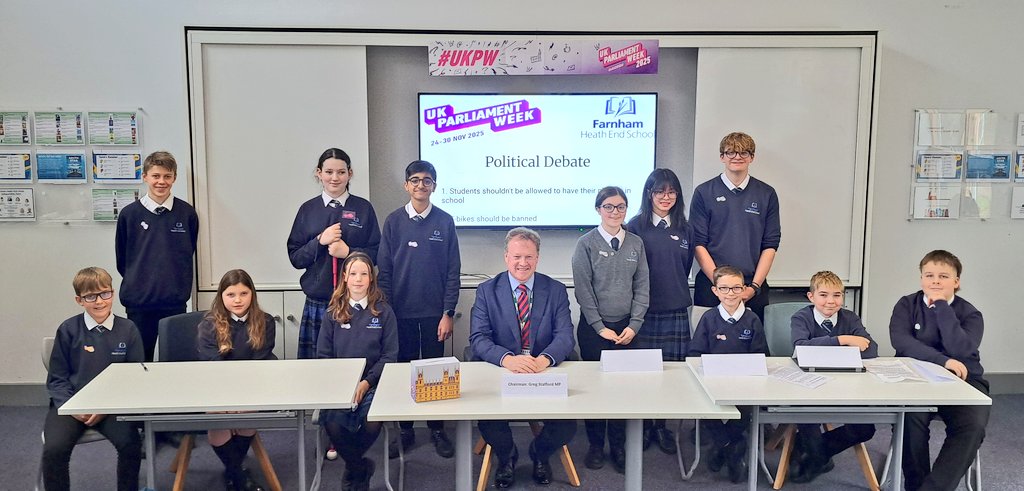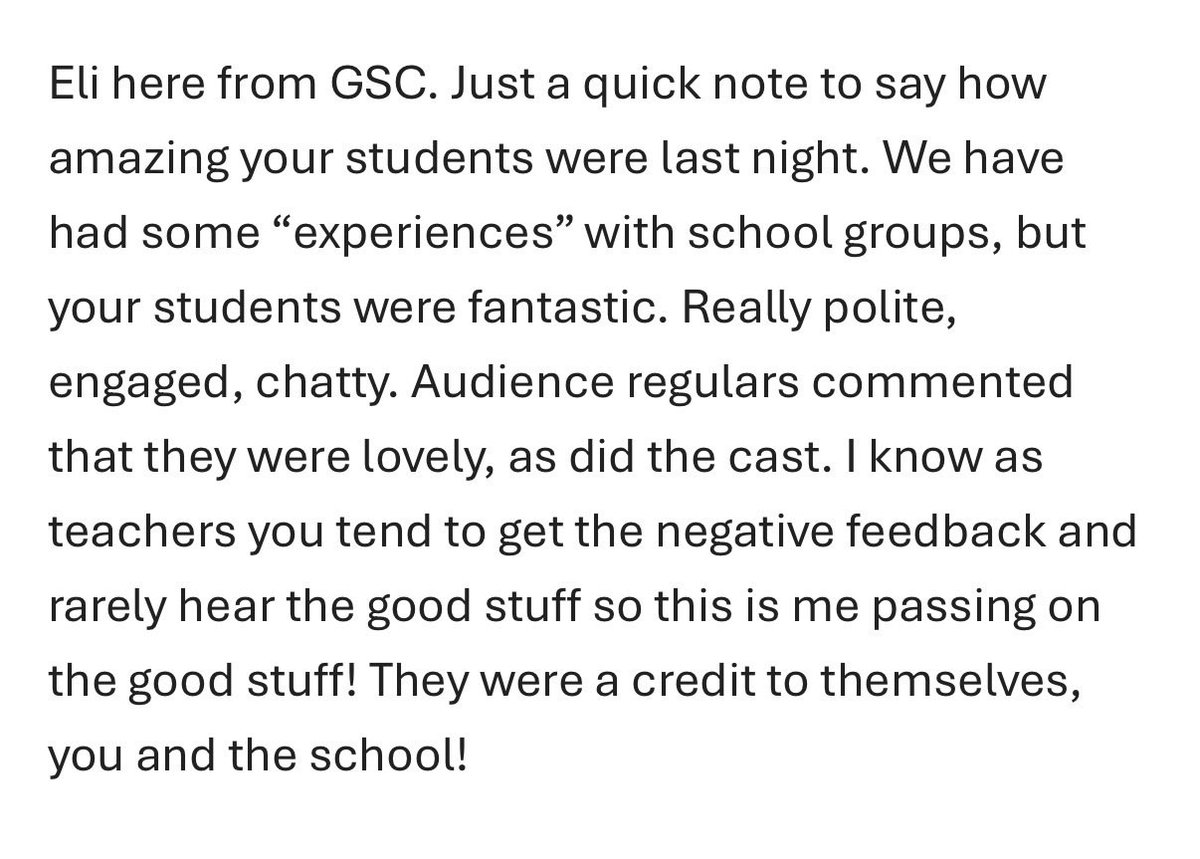 @TeamFHES - 12/12/2025We’re proud to share that Renee-Louise and her partner Nathan achieved outstanding results at the national end-of-year dance league: 4th in the country in Ballroom and 1st in Latin, earning the title of National Champions. Congratulations to both on their hard work and success.
@TeamFHES - 12/12/2025We’re proud to share that Renee-Louise and her partner Nathan achieved outstanding results at the national end-of-year dance league: 4th in the country in Ballroom and 1st in Latin, earning the title of National Champions. Congratulations to both on their hard work and success.Subject Information - Music
VISION / AIM
The Music department's vision is to empower and inspire students to build their confidence and love of music through composition, performing and appreciation.
We aim to provide many varied opportunities for students to explore different styles of music from around the world whilst learning the building blocks of music enabling them to flourish and grow as musicians. Studying music at GCSE level allows students to develop creative skills such as, composing their own music, learning how to perform both individually and as a group, and learning how to write detailed analysis of music works. However, in learning those skills, students are also learning teamwork skills, building their confidence, resilience and problem-solving skills.
We offer a variety of extra-curricular music clubs including Choir, GCSE Music Theory, Brass Group, Ukulele Club, as well as student led groups.
Performing, composing, listening and appraising is included in all topics.
Further information can be requested from Mr C Burnett, Head of Department, cburnett@fhes.org.uk
CURRICULUM OVERVIEW
|
EIGHT WEEK ROTATION – Students will cover a mix of theory, performance and composition in every unit, giving them the foundations for Music in Year 8 |
||||||||
|
Year 7 |
1 |
2 |
3 |
4 |
5 |
6 |
7 |
8 |
|
|
Keyboard Skills |
Disney |
Classical |
Music & Occasion |
Gamelan |
Reggae |
Body Percussion |
Reggae |
|
|
Autumn Term |
Spring Term |
Summer Term |
|||
|
|
1 |
2 |
3 |
4 |
5 |
6 |
|
Year 8 |
Blues |
Indian Classical & Samba |
Hip-Hop |
Folk Music |
Musical Theatre |
Film Music |
|
Year 9 |
Guitars |
Jazz |
Minimalism |
Music & Media |
Theory – The Big Recap |
Song Writing |
|
YEAR 10 |
Autumn Term |
Spring Term |
Summer Term |
|||
|
1 |
2 |
3 |
4 |
5 |
6 |
|
|
AoS1 Musical Forms & Devices |
Set Work 1 |
AoS2: Music for Ensemble |
Set work 2 |
AoS4: Popular music |
AoS3: Film Music |
|
|
Double |
How music works: -Elements of music -Pitch notation -Rhythmic notation -Intervals -Structures |
Set Work Analysis: Toto Africa |
Set work analysis: Bach |
Explore AOS 3: Music for stage and screen. Continue developing performing and composing skills through related practical tasks. |
||
|
Single |
How Music Works |
Alternate Composition and Performance |
Theme & Variation Composition |
Popular Music Performance |
||
|
How music works: -Tonality -Key signatures -Modulations -Diatonic chords -Inversions -Cadences |
-Ensemble |
|||||
|
YEAR 11 |
Autumn Term |
Spring Term |
Summer Term |
|||||
|
1 |
2 |
3 |
4 |
5 |
||||
|
Double |
Revision of AOS 1-4 |
Revision of AOS 1-4 |
Revision of AOS 1-4 |
|||||
|
Prepare for Mock by revising all of the set works and areas of study. |
-Prepare for GCSE exams by revising all of the set works and areas of study. -Record solo performance and ensemble pieces. |
|||||||
|
Single |
Composition to a brief |
Composition to a brief |
||||||
|
-Students pick one of the Eduqas composition briefs and do a first draft of their composition. -Compositional log to be kept throughout. |
-Students use the feedback they have been given to improve and complete the composition to a brief. |
Prepare for the GCSE exam by revising all of the set works and areas of study. |
||||||
KEY SKILLS
|
Key Skills |
Year 7 |
Year 8 |
Year 9 |
Year 10 |
Year 11 |
|
Notation Learning basic musical notation and building to Grade 5 ABRSM level for Yr.11 |
All students learn the basics of notation. Linked throughout all units of study for rotation. Quick, fast paced learning. Test and recap every lesson. |
All students recap the basics of notation. Reading more music and starting to compose using these skills. Pushing the learning from Grade 1 to 2 ABRSM Theory. |
All students recap what they have learnt. Pushing the reading and writing but now adding more aural dictation and aiming to be in line with ABRSM Grade 3. |
Use the skills to do more advanced dictation and to compose. |
Use the skills to do more advanced dictation and to compose. Cumulating in two compositions and good aural practice for the paper. |
|
Rhythm Using the above skill to read, write and hear rhythms. |
All students learn the basics of notation. |
All students recap the basics of notation. Reading more music and starting to compose using these skills.Writing for rhythmic instruments. Pushing the learning from Grade 1 to 2 ABRSM Theory. |
All students recap what they have learnt. Pushing the reading and writing but now adding more aural dictation and aiming to be in line with ABRSM Grade 3. Improve rhythmic reading for performance. |
Use the skills to do more advanced dictation and to compose and perform. |
Use the skills to do more advanced dictation and to compose. Cumulating in two compositions and good aural practice for the paper and good performances. |
|
Performance |
Performance every lesson. With the skills for above performances will be encouraged. |
Feedback given and criteria for marking explained. Self-analysis encouraged. Keywords used. |
Feedback given. Students start to mark each other. Criteria used in line with GCSE. |
Solo and ensemble performance in play. Ensembles in extra-curricular time and in class are encouraged to help lift all students. Grade 3 to 5 ABRSM performance is the aim. |
Performance pushed and more recital opportunities in lay as well as marking each other using the boards criteria. |
|
Confidence |
-Build a safe space. -Singing to help breathe, posture, and whole class participation. -Listen to music to set the mood, enhance concentration, and create a positive environment. -Perform in large or small groups to help overcome anxiety. -Reflect on their musical experiences to help them grow and develop self awareness. -Encouragement to join ensembles. |
-Reminder of a safe environment to do performances. Both group and solo. -Ensemble work to build confidence through discussions and team work. -Encourage self-evaluation -Encourage peer praise -Provide opportunities for those who are already advanced to demonstrate their skills to inspire others. -Encouragement to join ensembles. |
-Use technology to enhance their learning and empower them. -provide opportunities for those who are already advanced to demonstrate their skills to inspire others. -Encouragement to join ensembles. |
-Confident to perform in the class. -Confident in receiving and giving feedback from the class. -Able to take part in an ensemble and share ideas. -encouraging and supporting the younger years. -Compulsory choir to enhance aural training and ensemble work. |
-Confident to perform solo and ensemble. -Confidence in assessing performances to the specifications of the board and therefore understanding what they need to achieve high results. -encouraging and supporting the younger years. -Compulsory choir to enhance aural training and ensemble work. |
|
Evaluation |
Verbal feedback given.
|
Verbal and written feedback given. Students are encouraged to start thinking about giving feedback as well. |
Verbal and written feedback given. Students feedback regularly. Data used to help make changes for students' progress. |
Evaluate their own work and others. Done using the criteria of the board.
|
Evaluate their own work and others. Done using the criteria of the board.
|
GCSE MUSIC - Examination Year 2024 Onwards
|
Exam Board |
Eduqas |
|
|
NEA |
2 x Performances and 2 x Compositions |
|
|
Component 1 |
Performance |
Students perform a minimum of two pieces, one of which must be an ensemble performance of at least one minute duration. The other piece(s) may be either solo and/or ensemble. |
|
Component 2 |
Composition |
Students compose two compositions, one of which is in response to a brief set by the exam board. The second composition is a free composition for which learners set their own brief. |
|
Component 3 |
Listening and appraising |
This component is assessed via a listening examination. Eight questions in total, two on each of the four areas of study. Area of study 1: Musical Forms and Devices Area of study 2: Music for Ensemble Area of study 3: Film Music Area of study 4: Popular Music Two of the eight questions are based on pieces set by the exam board. |
|
Link to the Specification |
https://www.eduqas.co.uk/media/by5boopf/eduqas-gcse-music-spec-from-2016-d.pdf |
|
MUSIC DEVELOPMENT PLAN
A copy of our Music Development Plan can be found under Downloads at the bottom of this page.
DOWNLOADS
| Page Downloads |
|---|
| FHES Music Development Plan |













